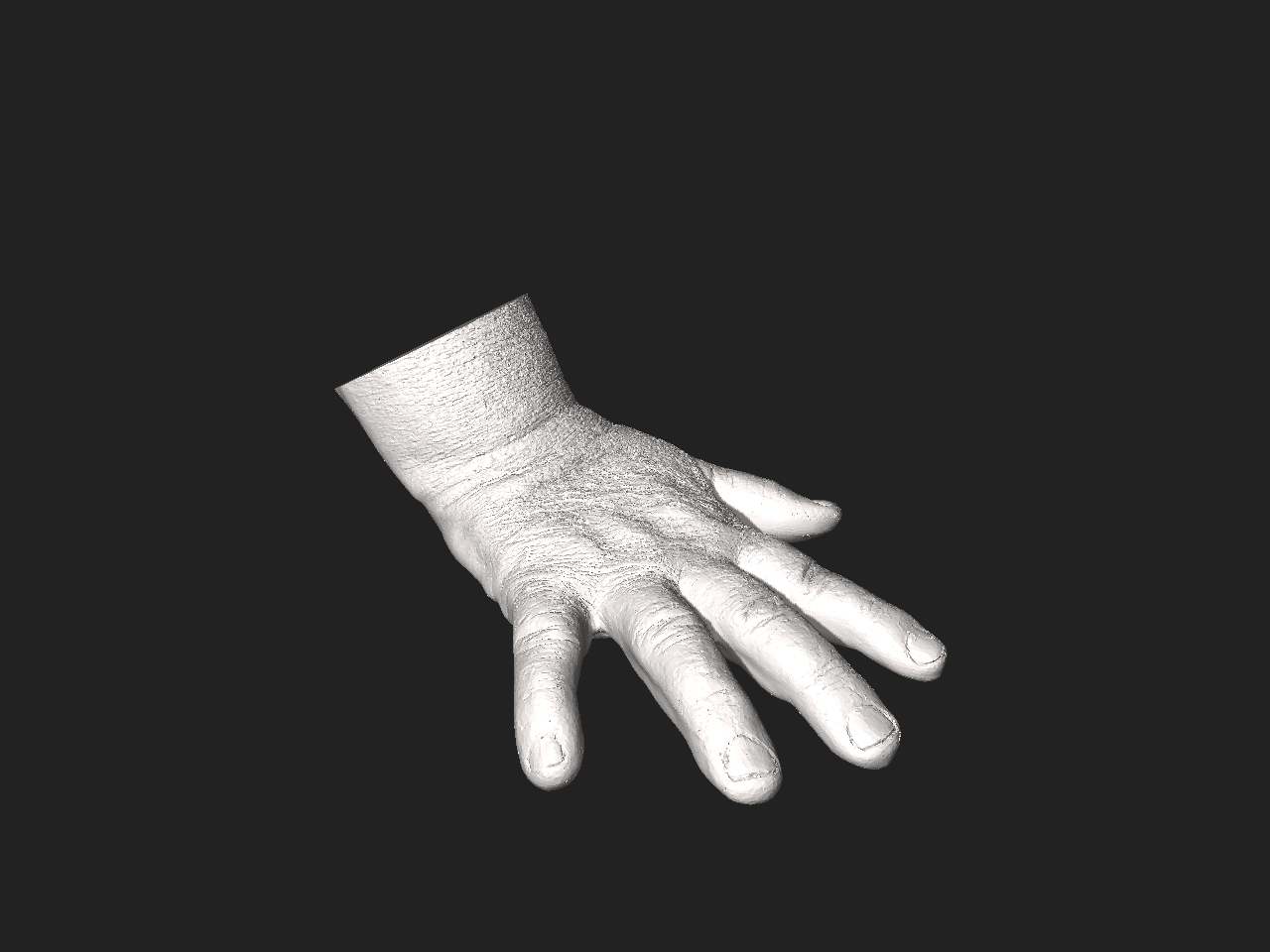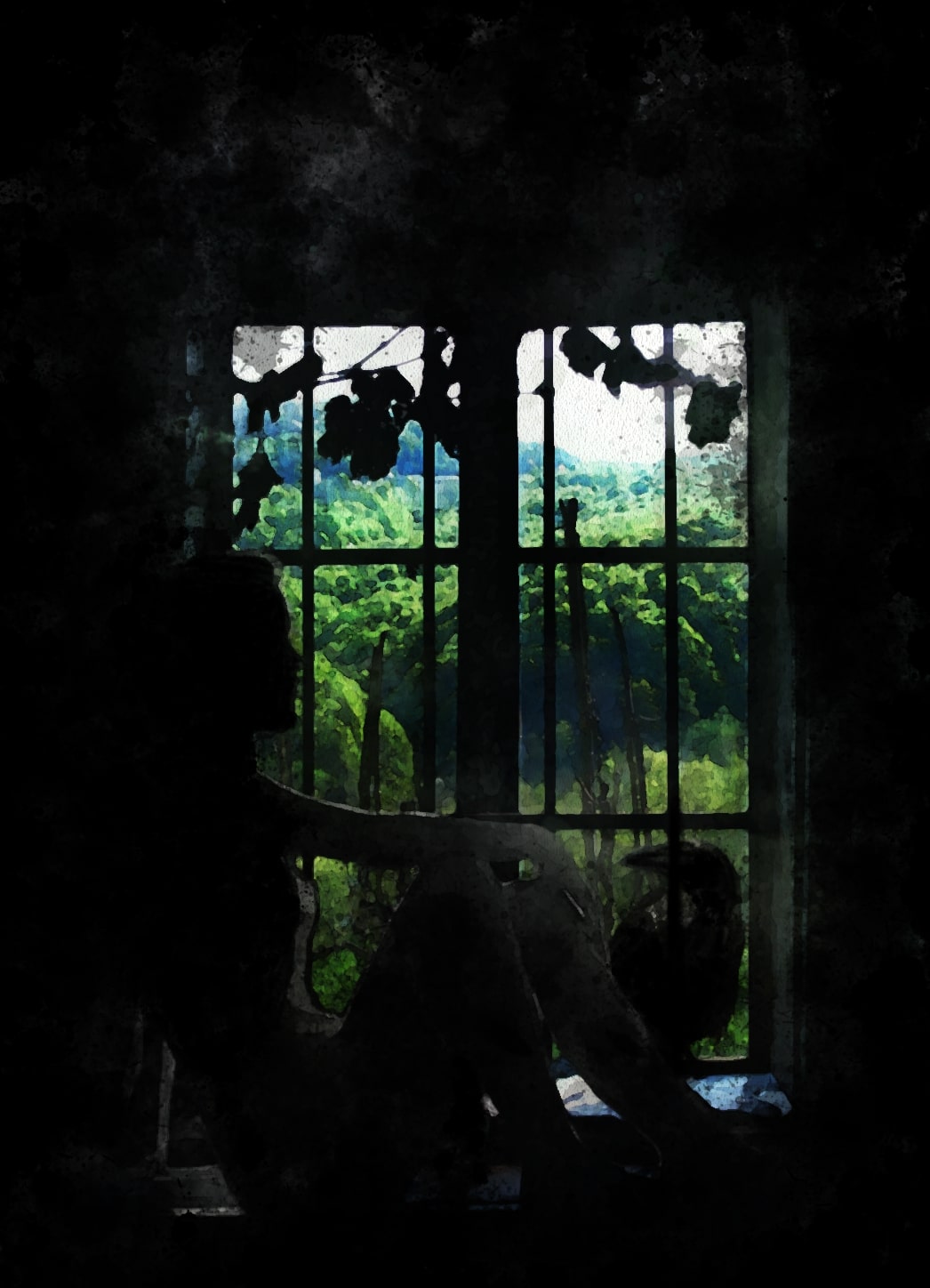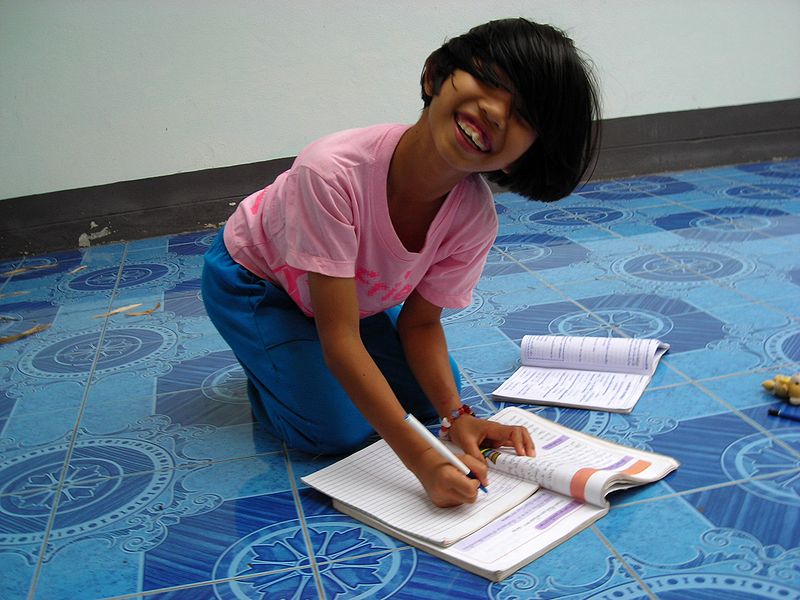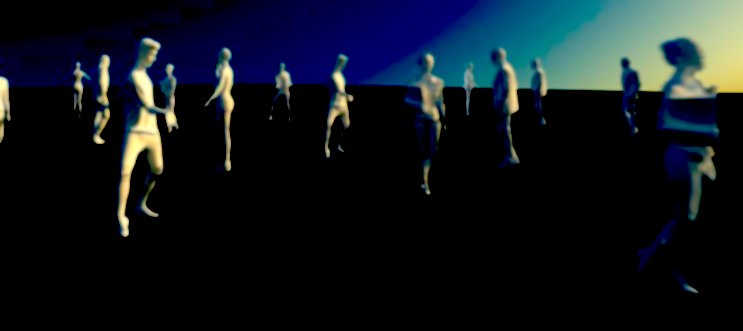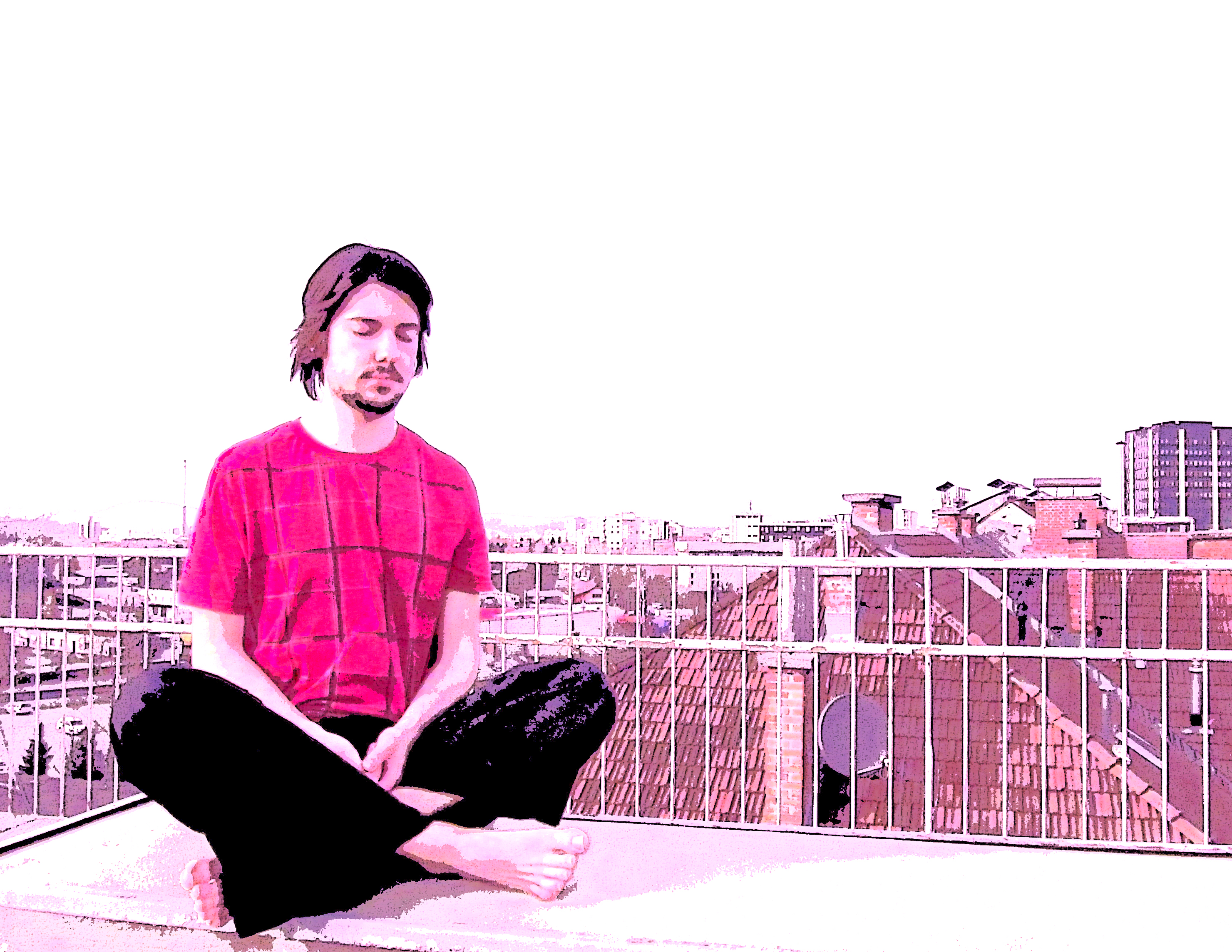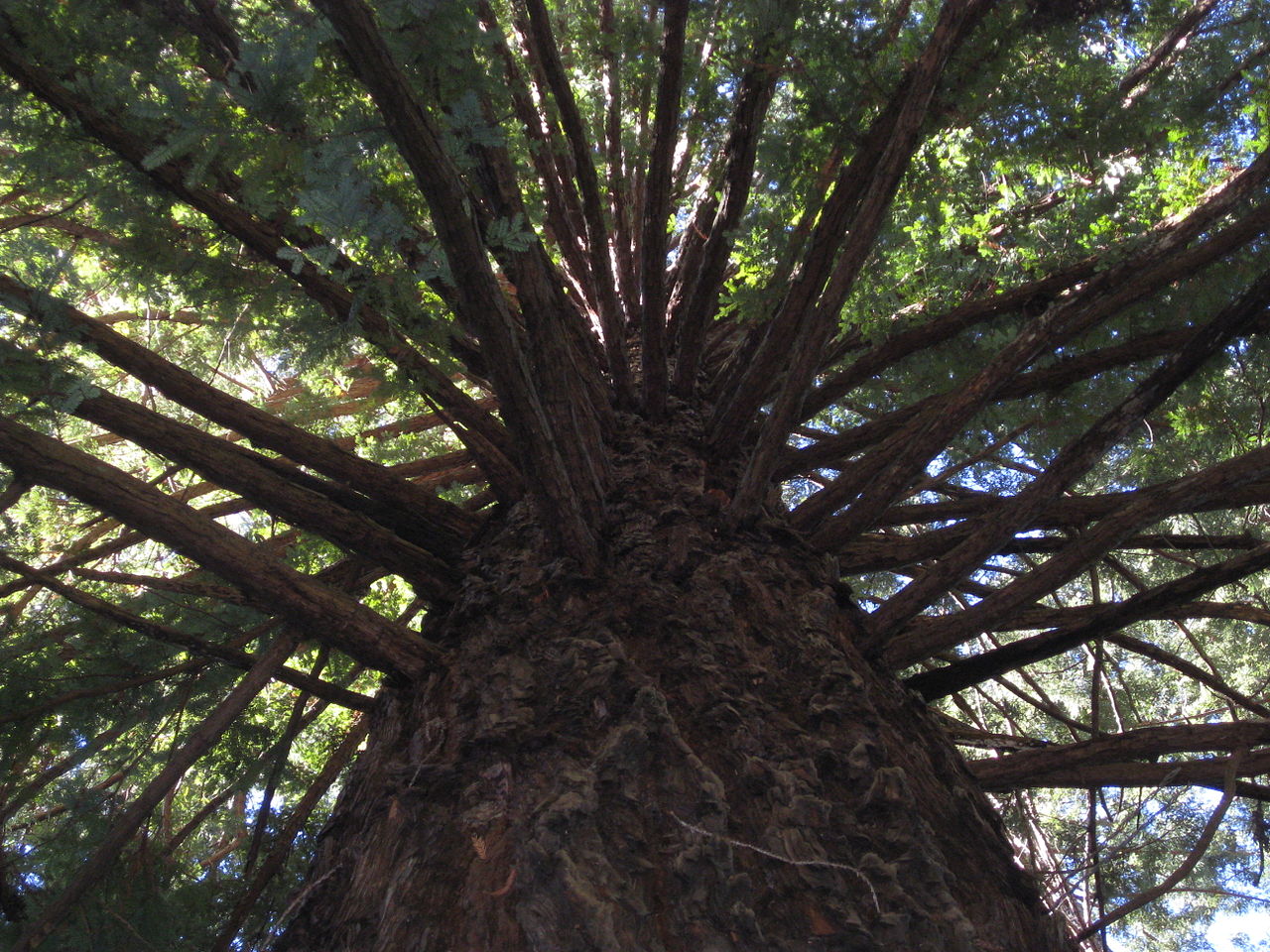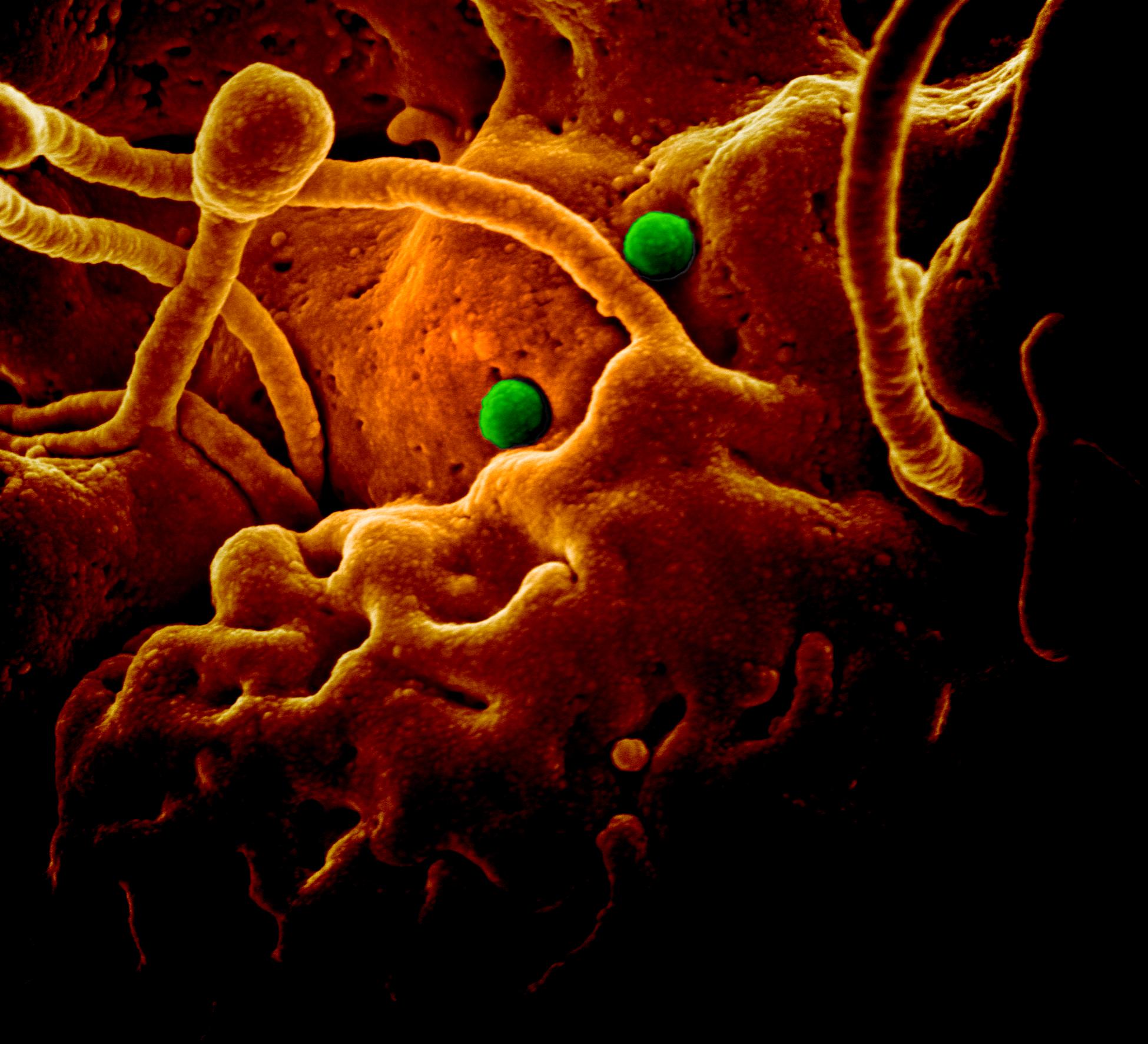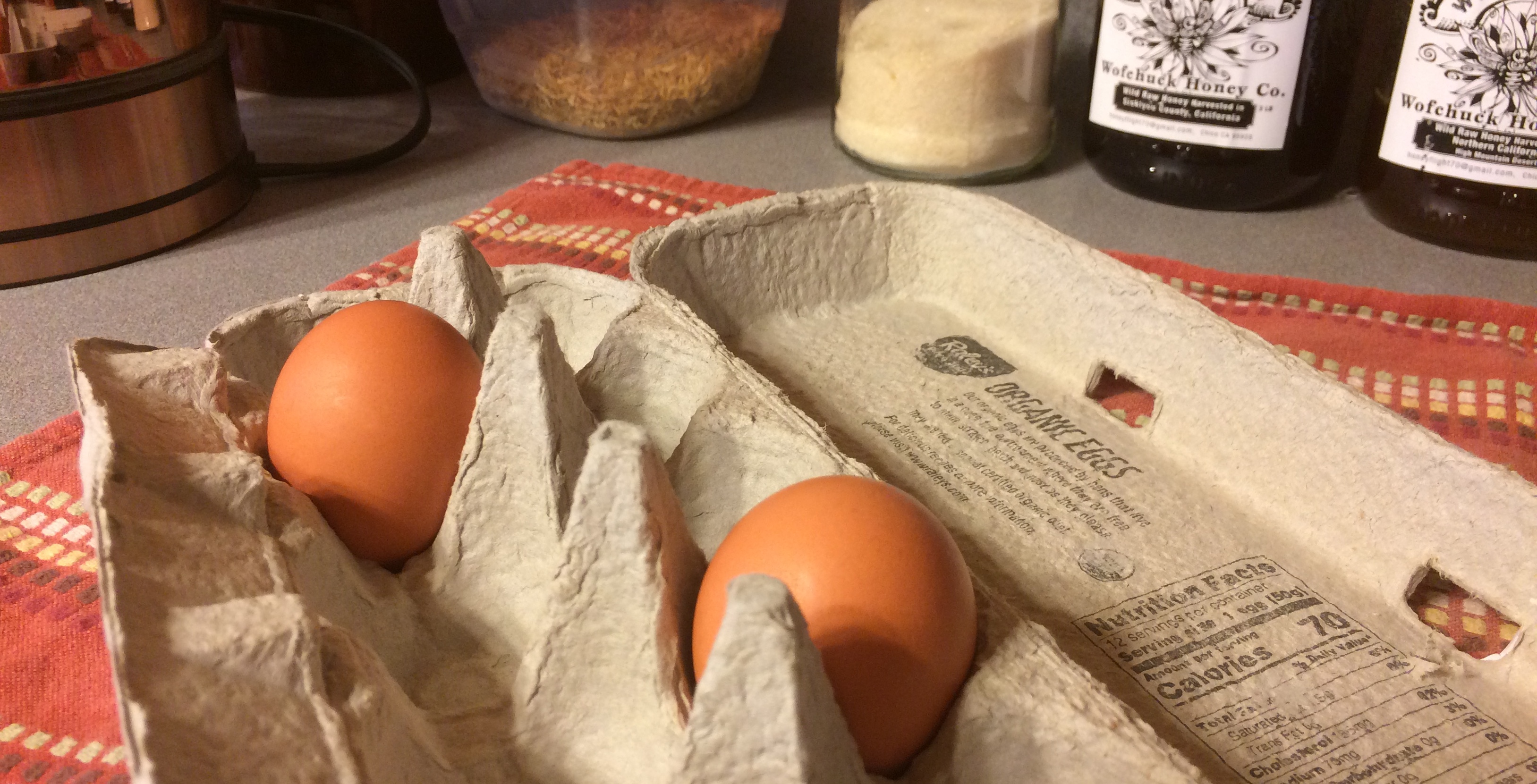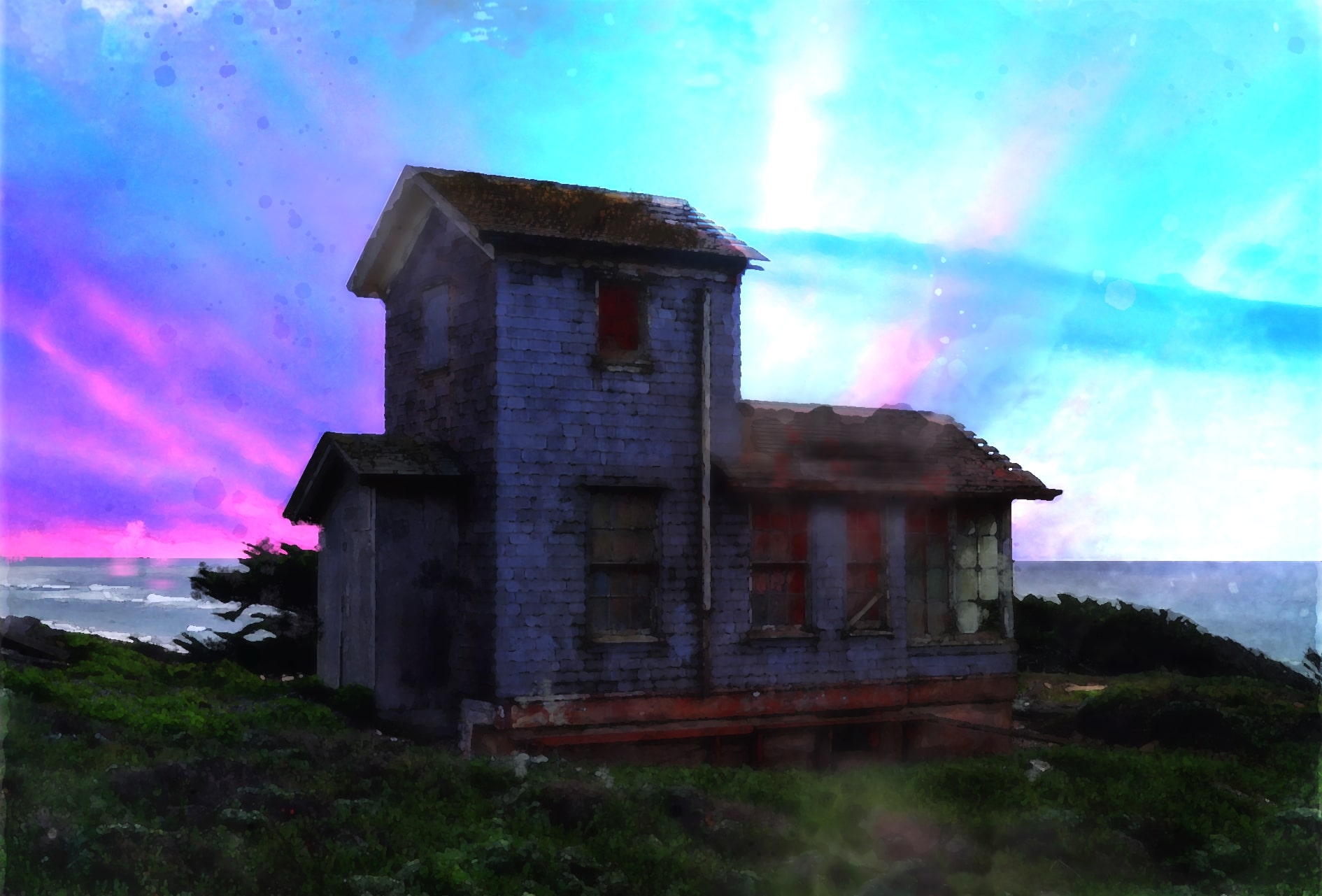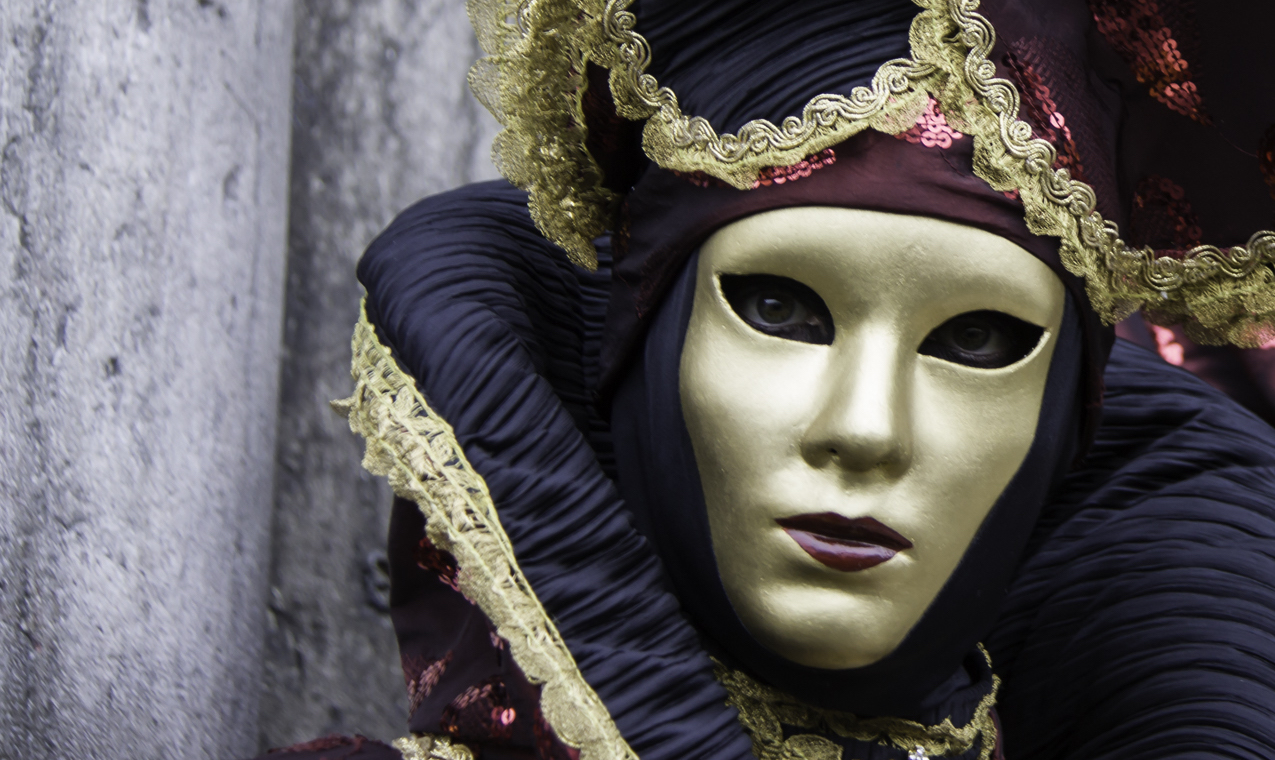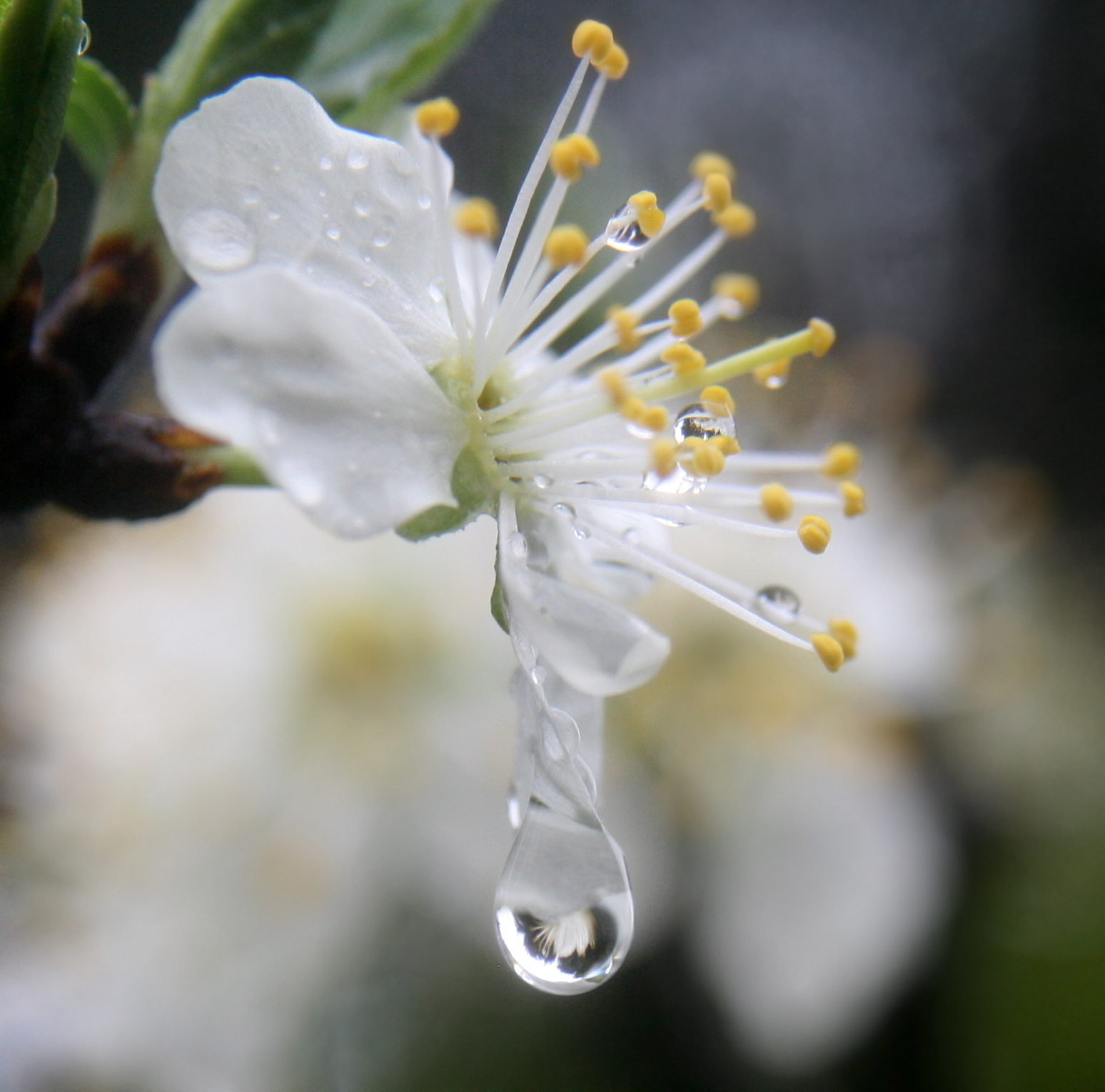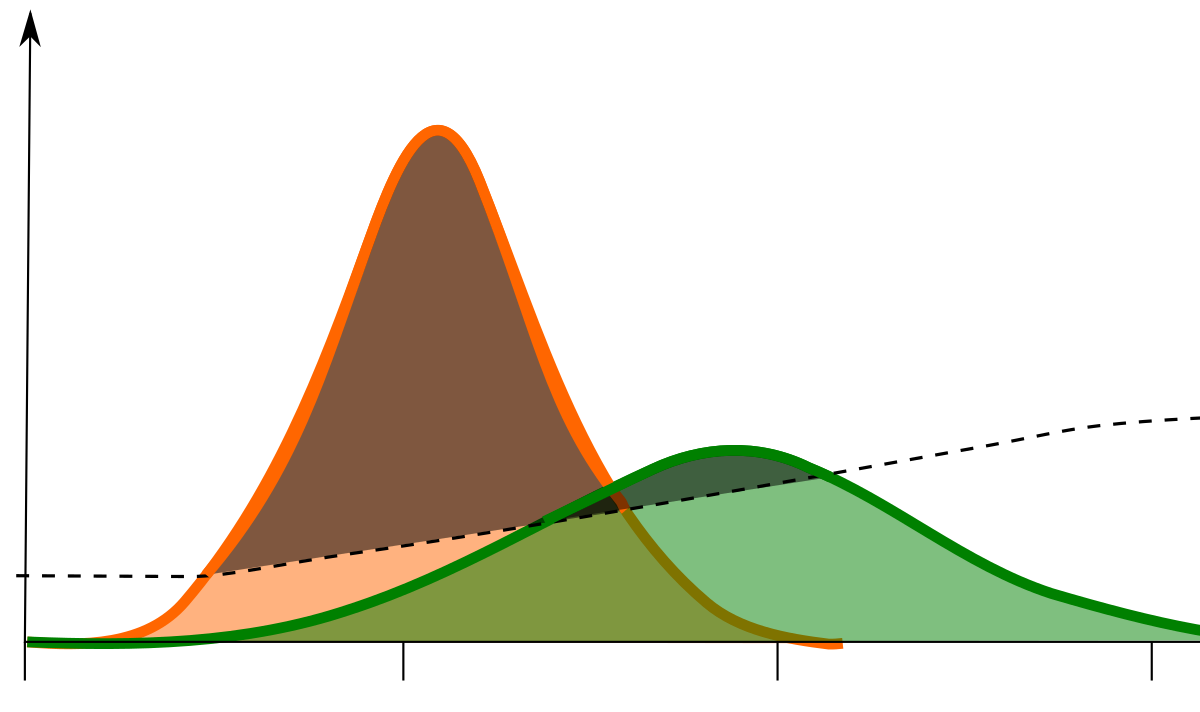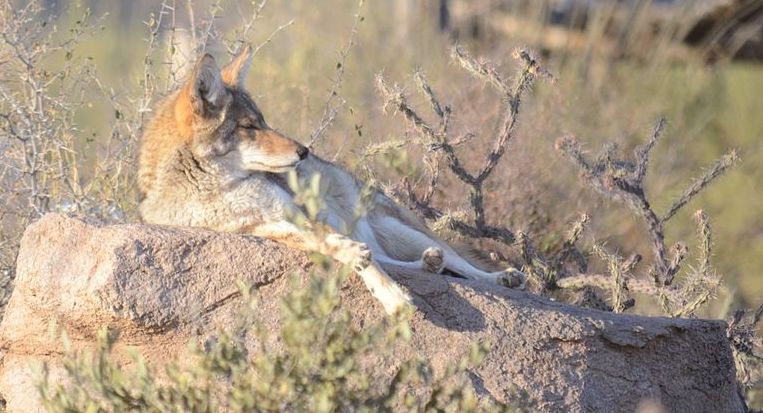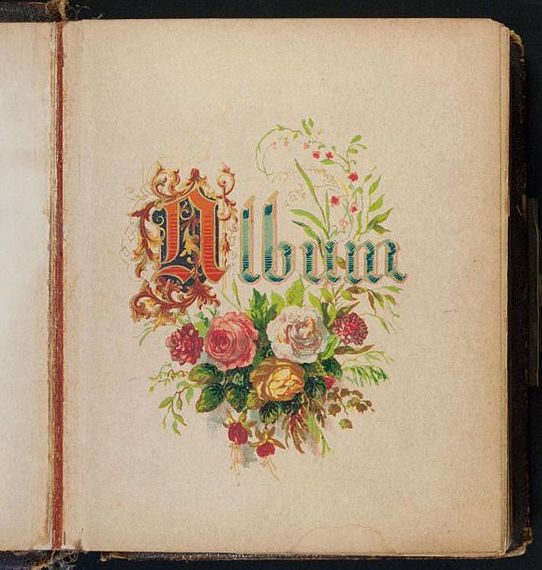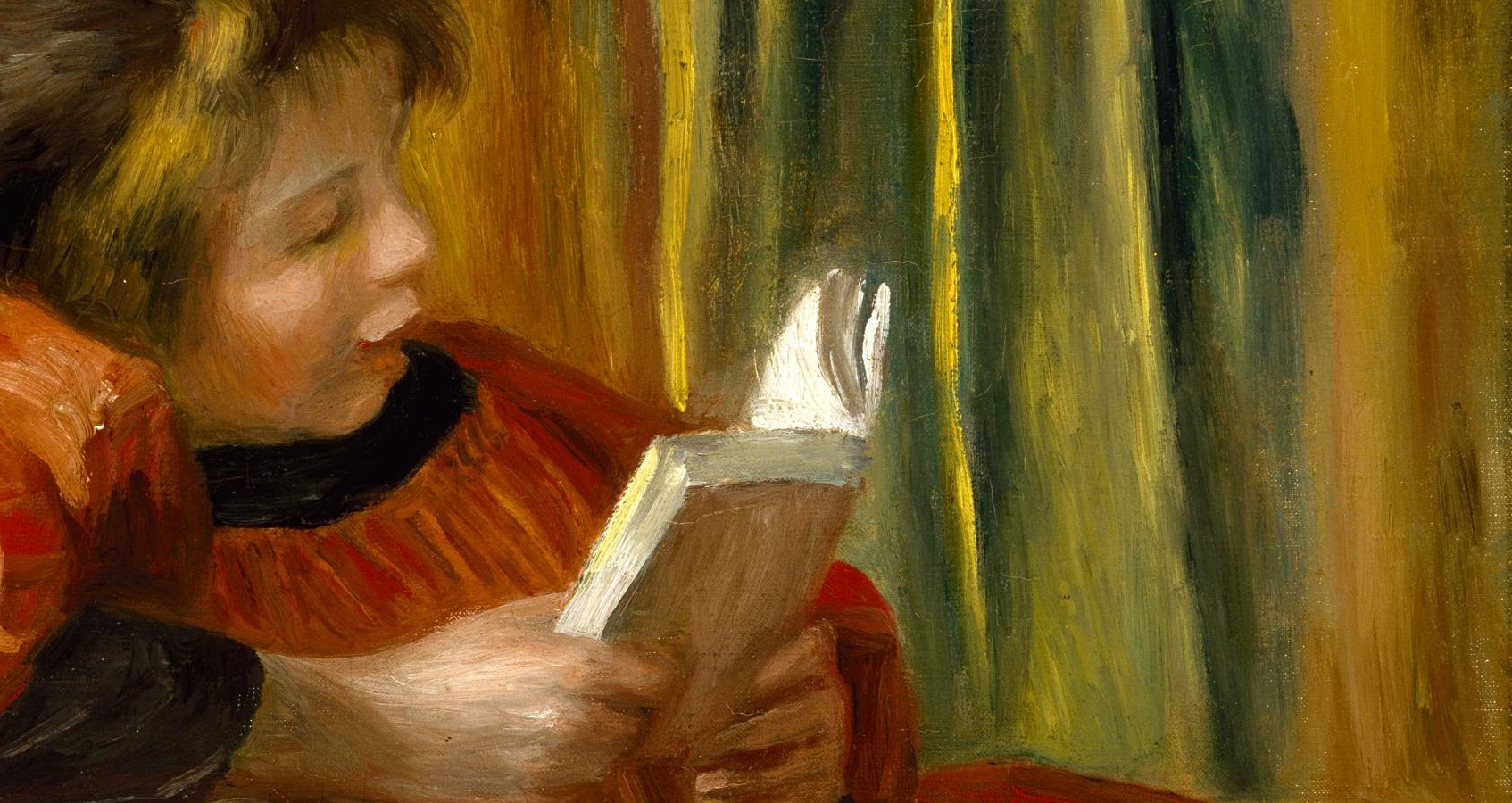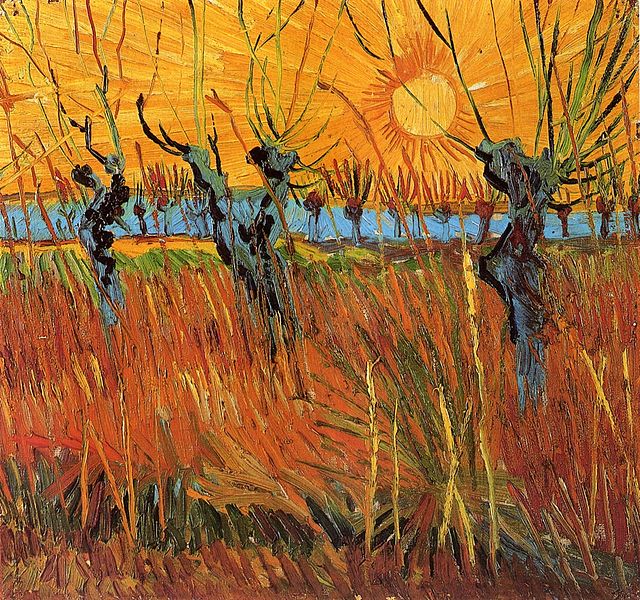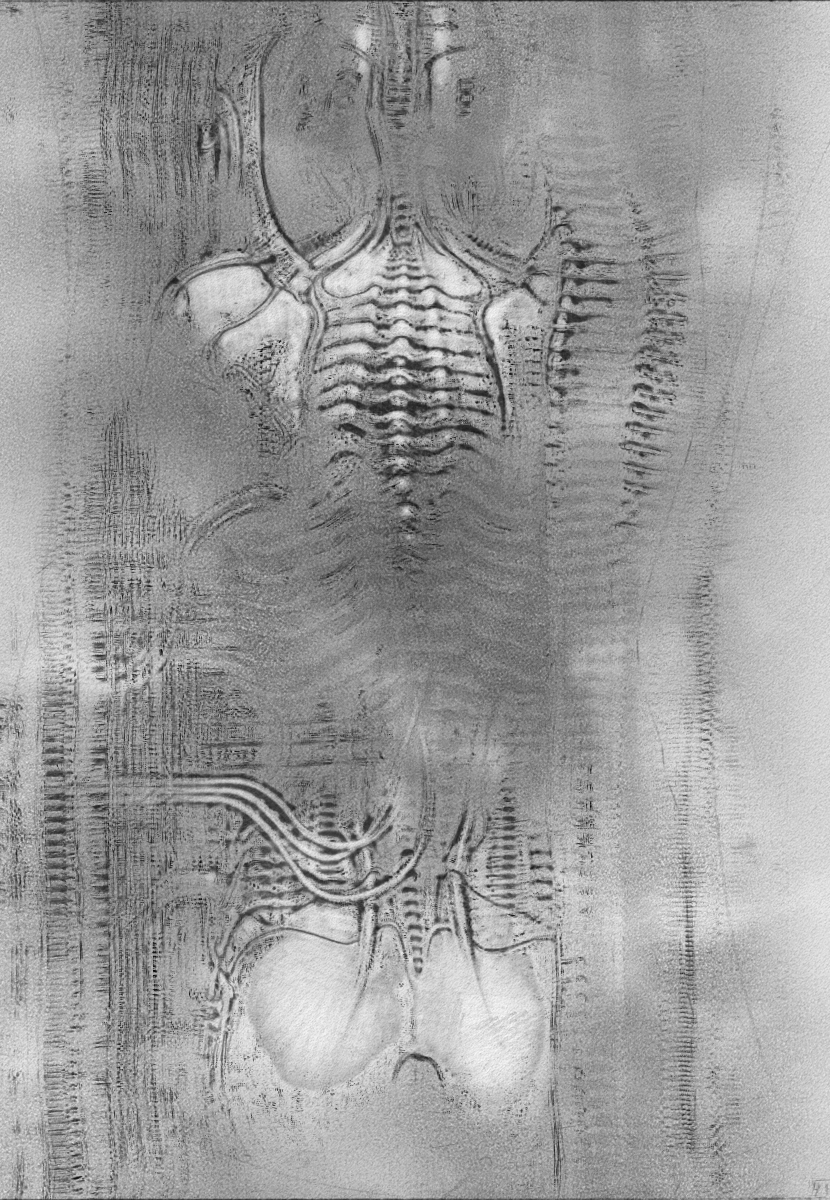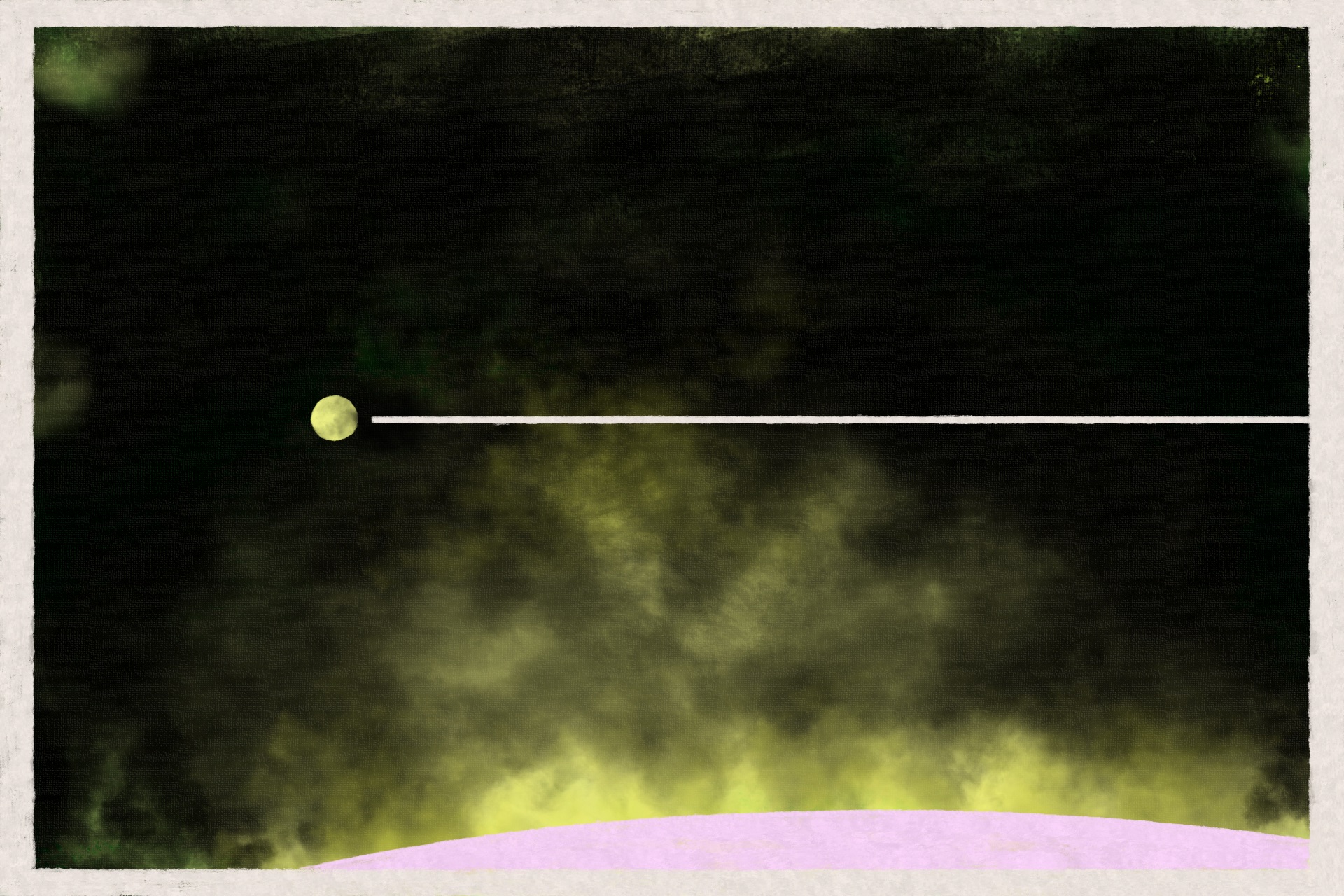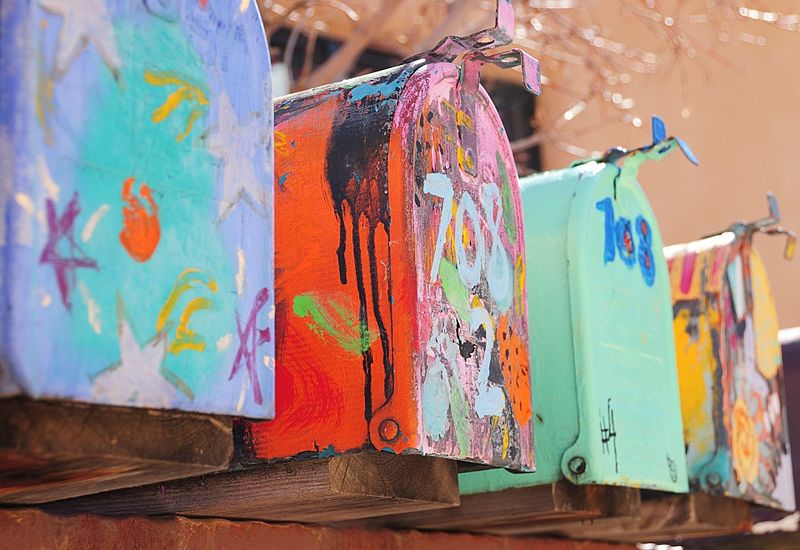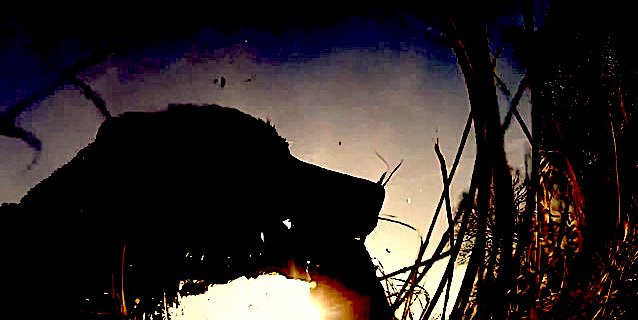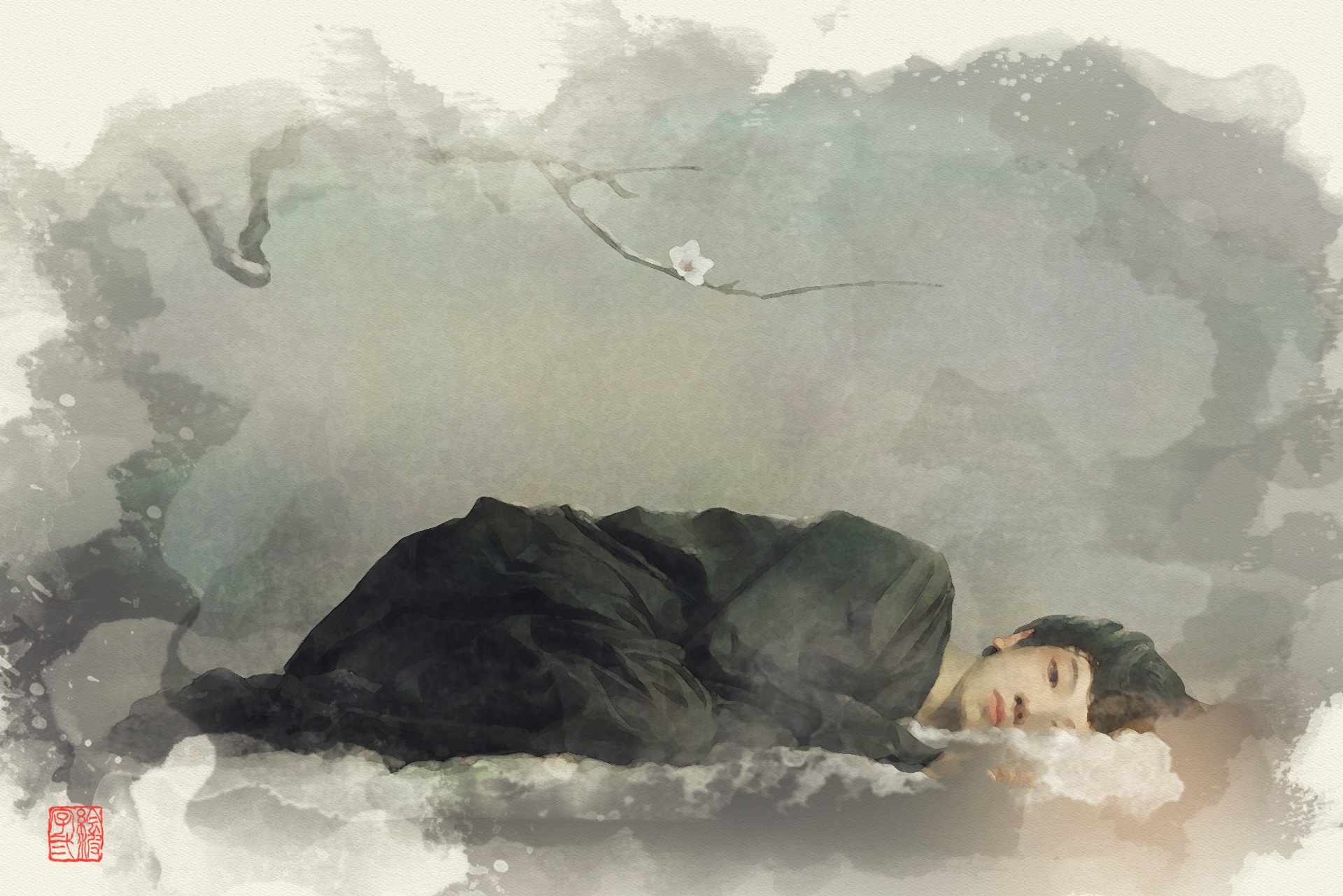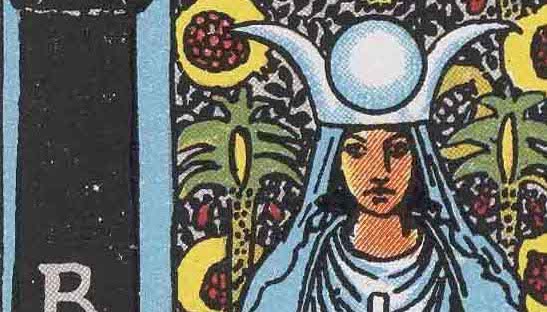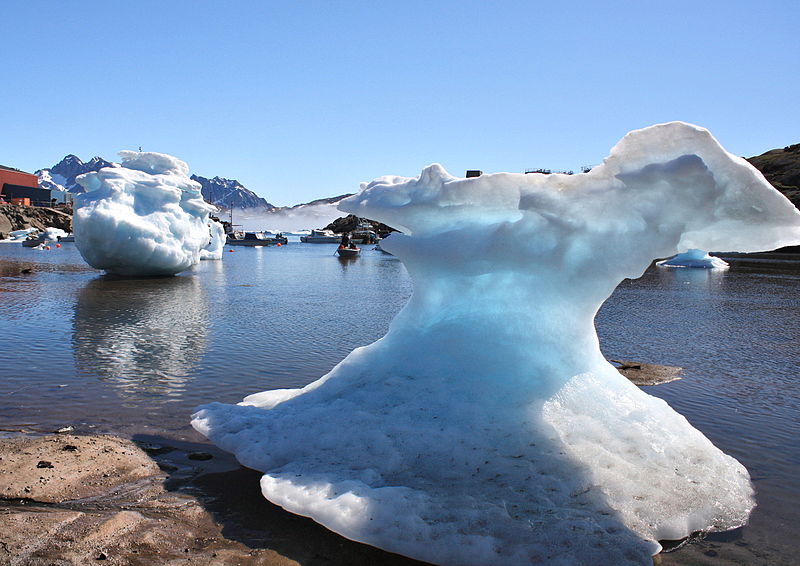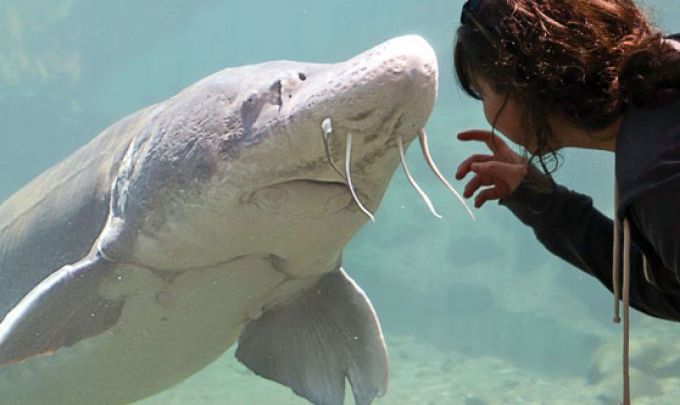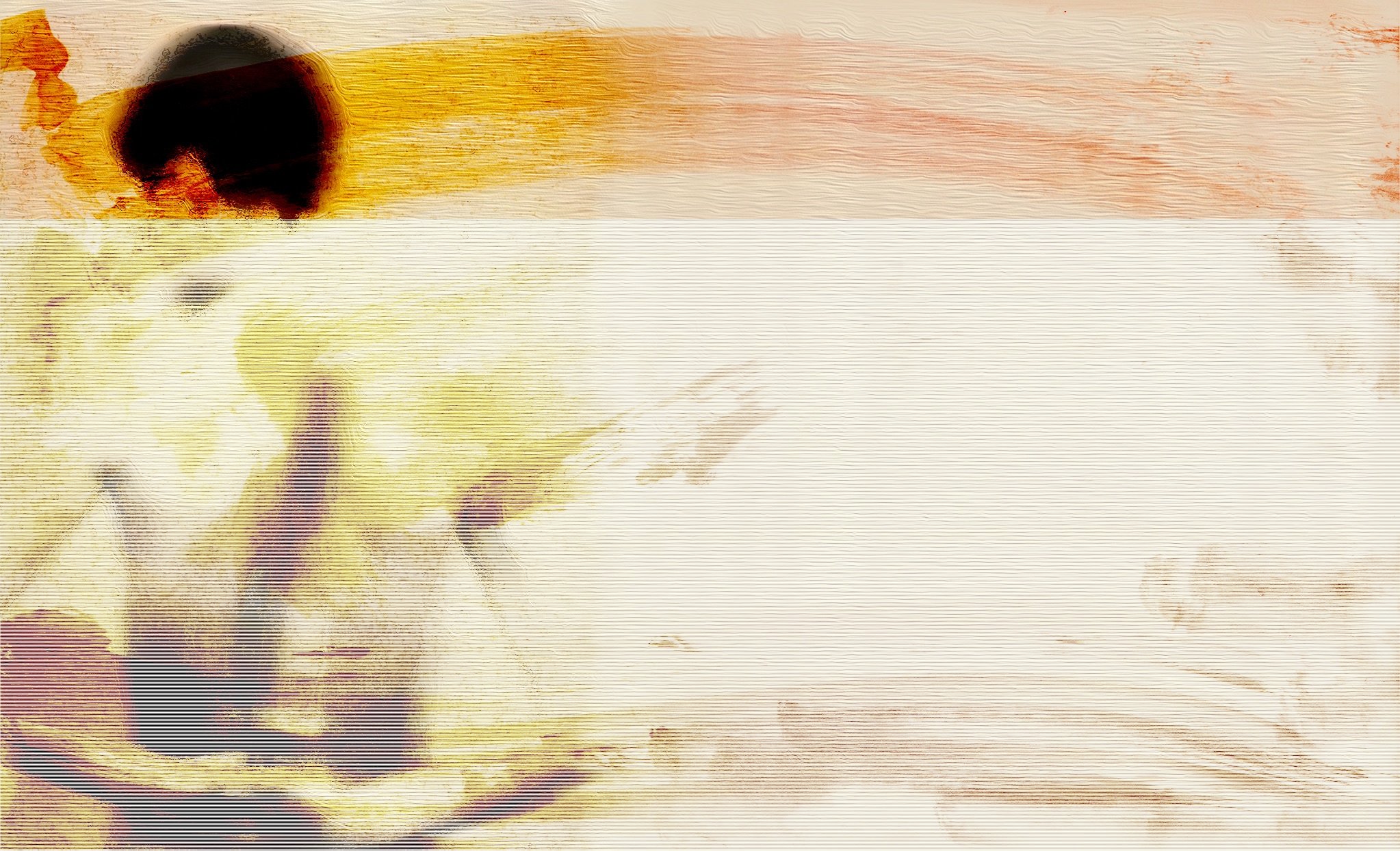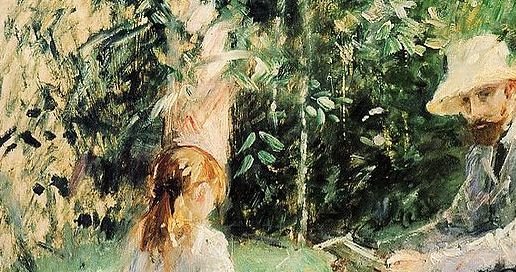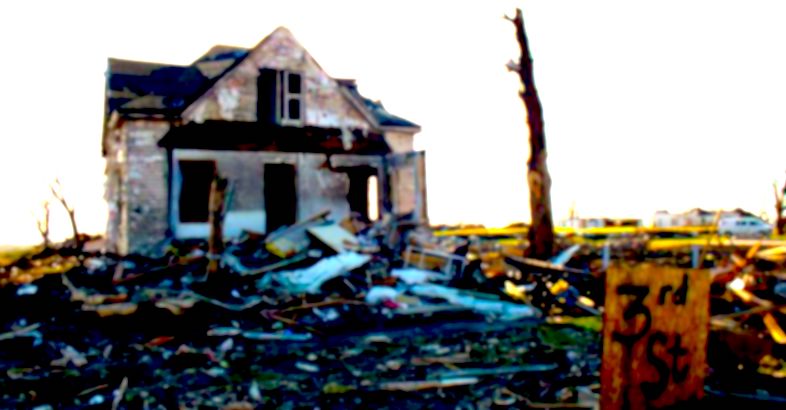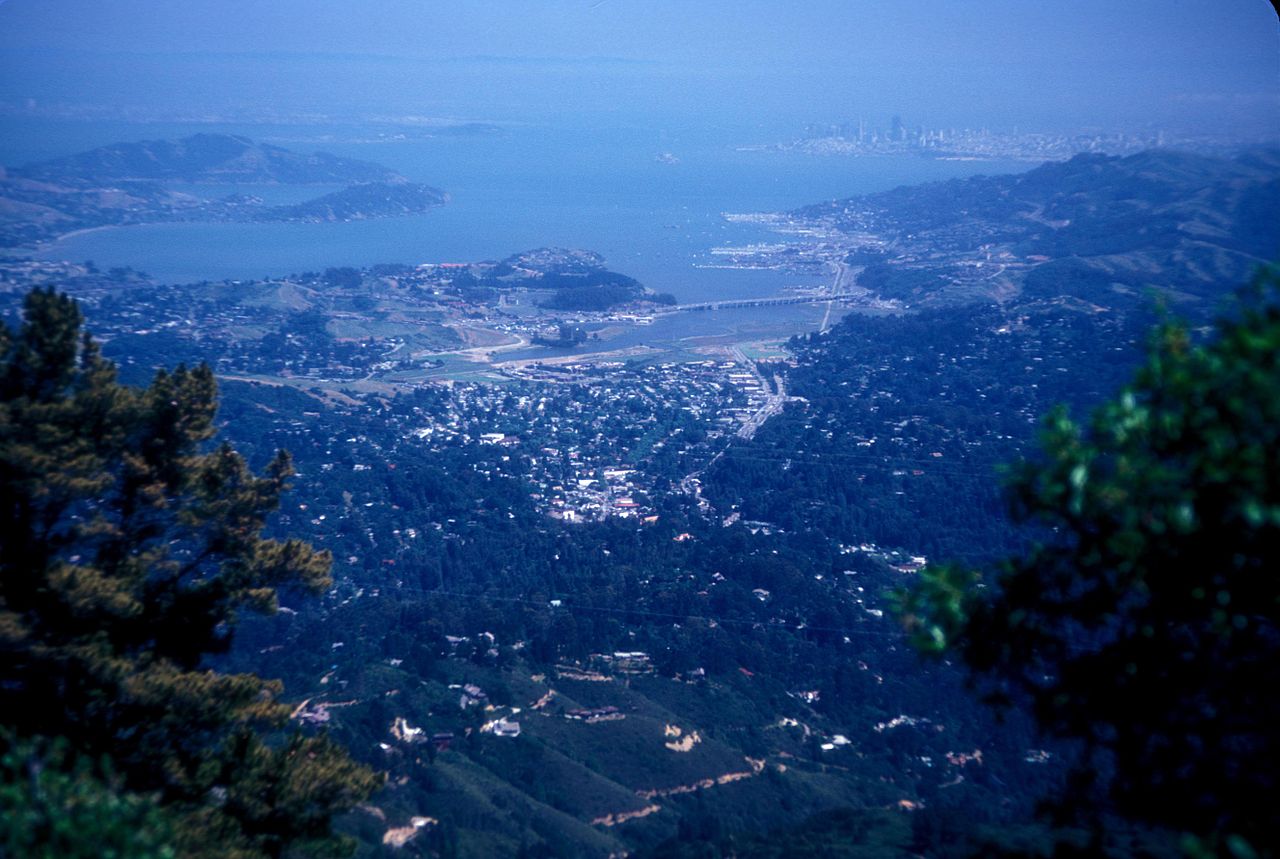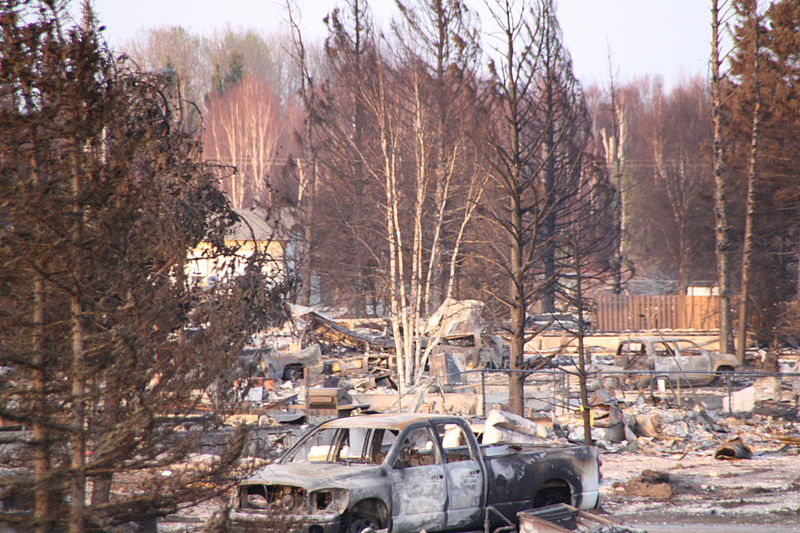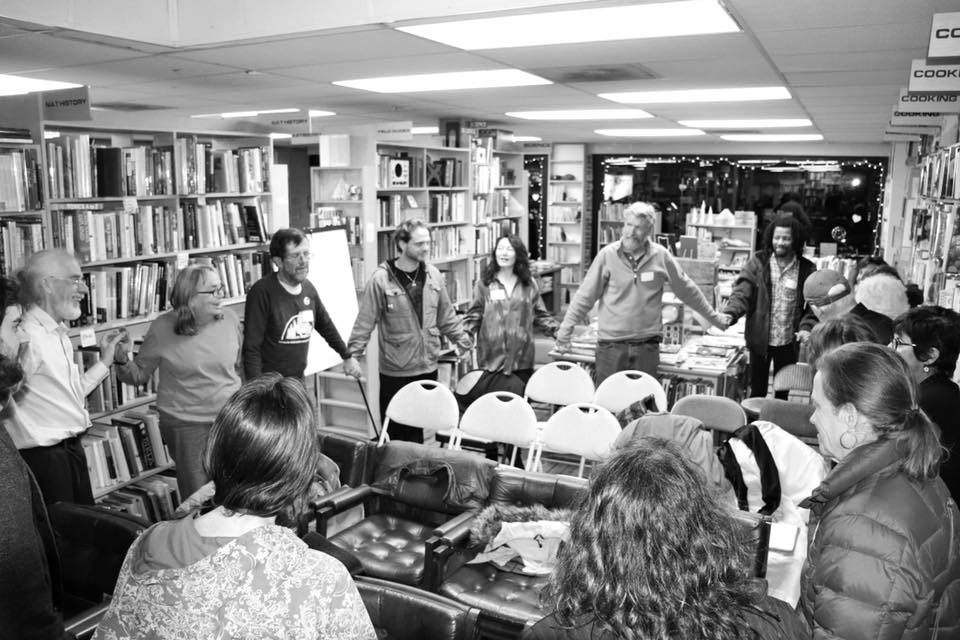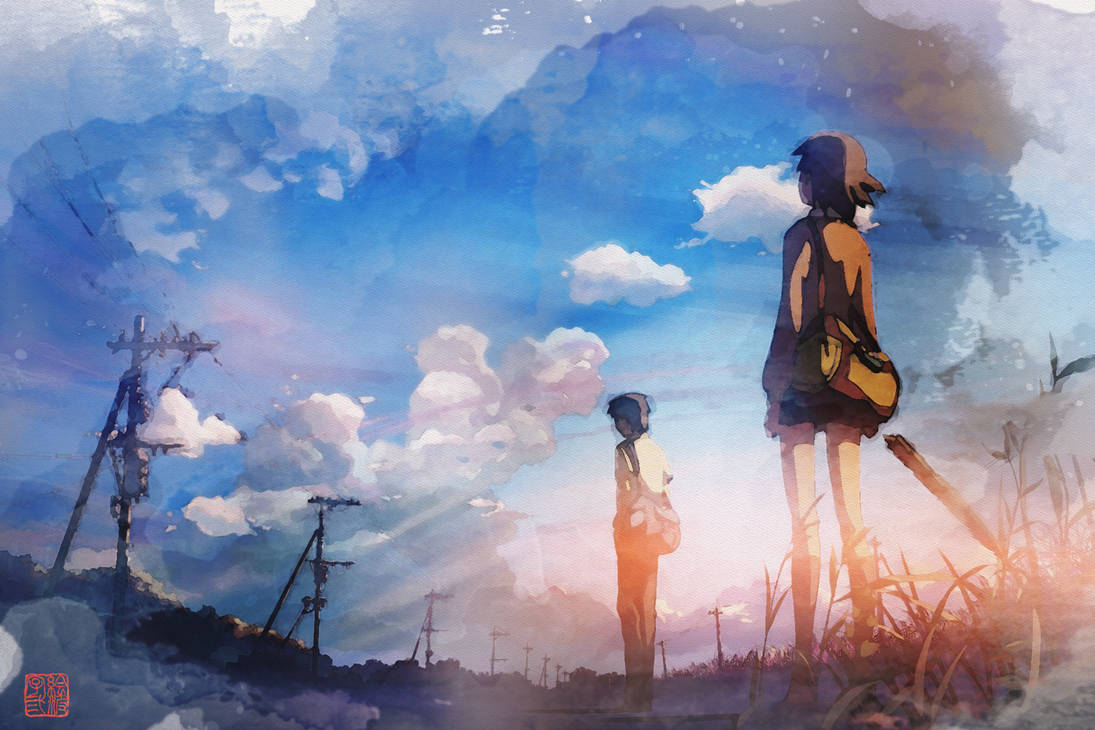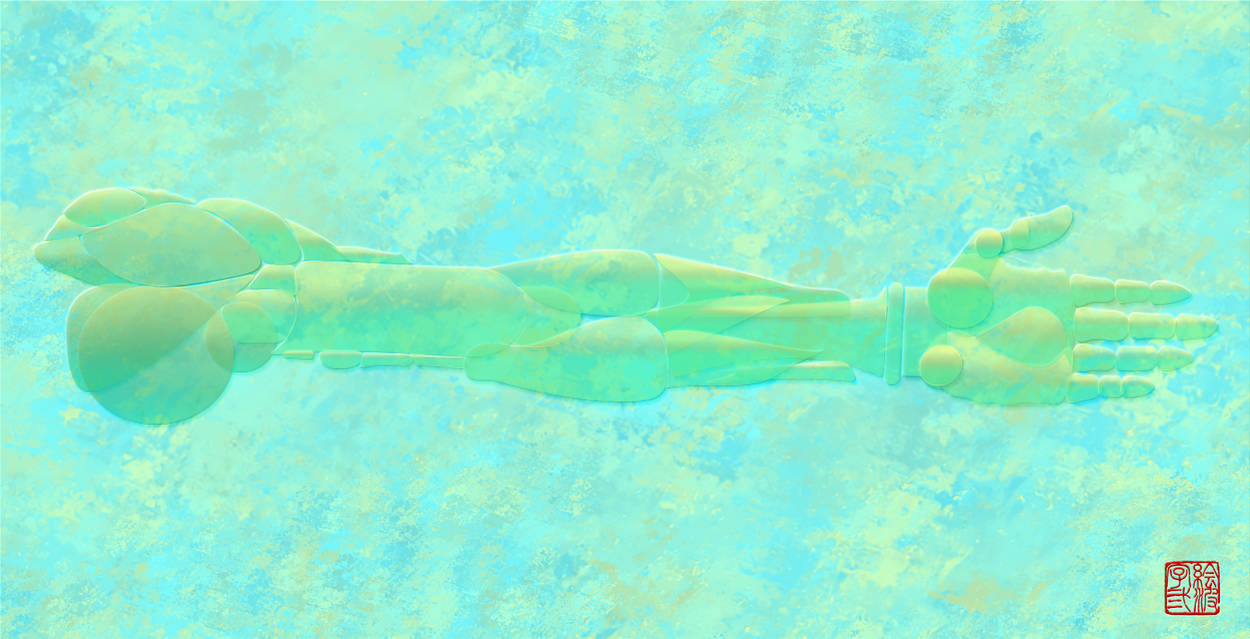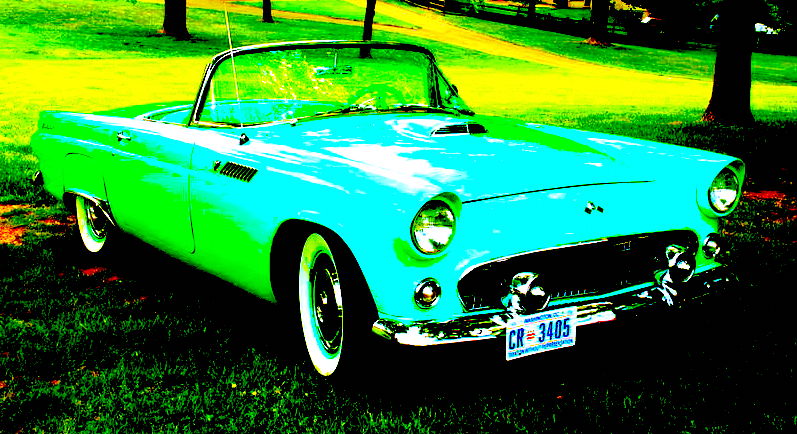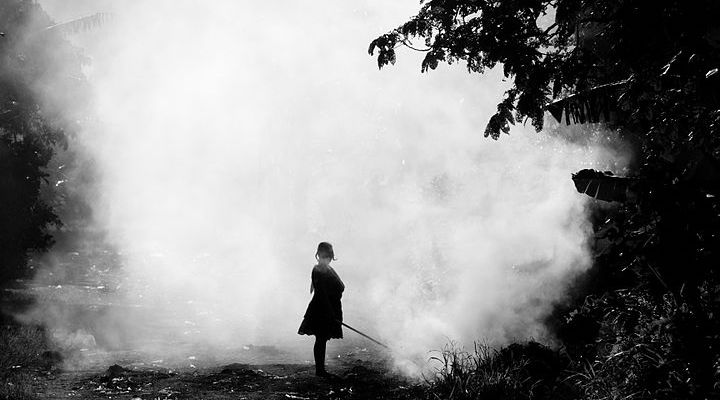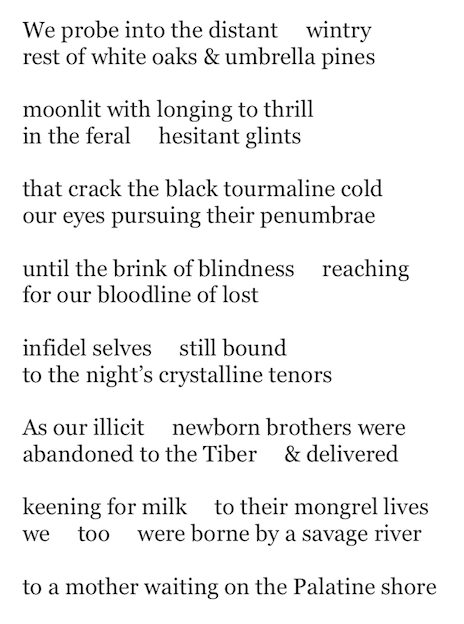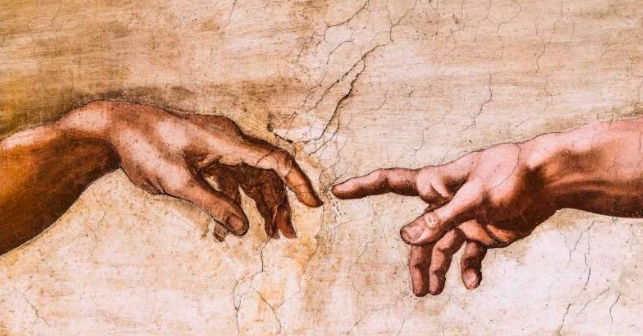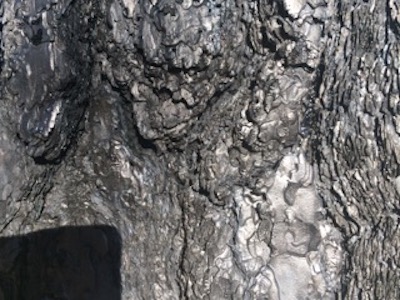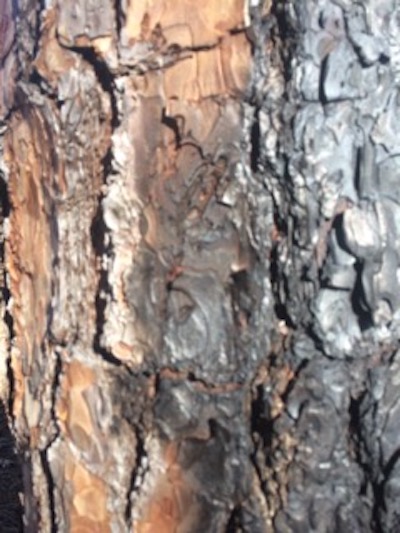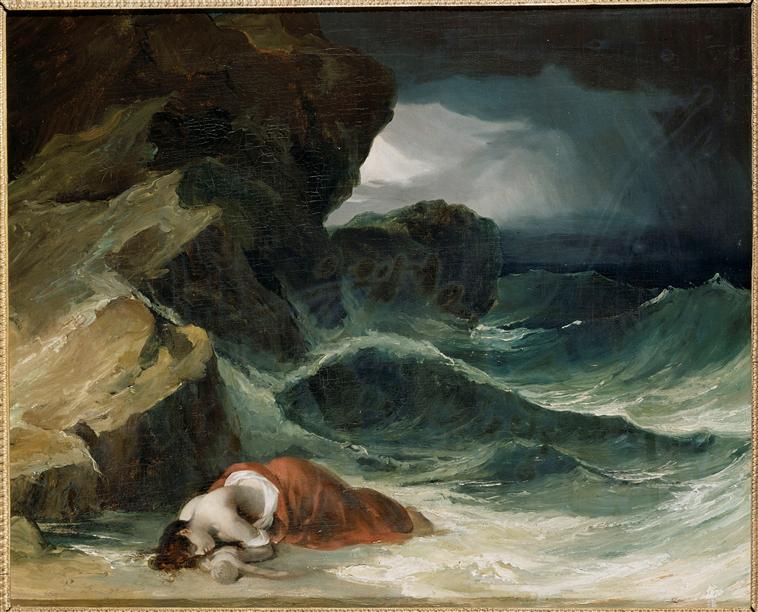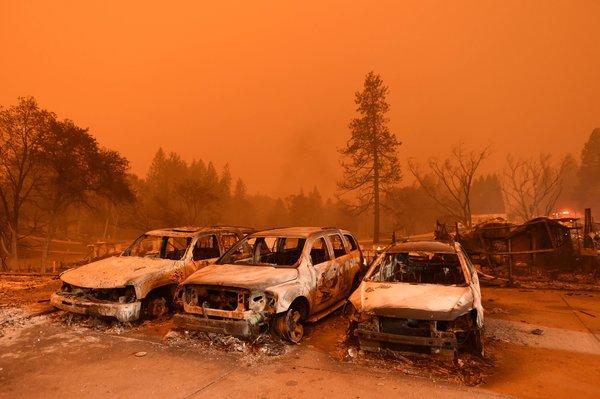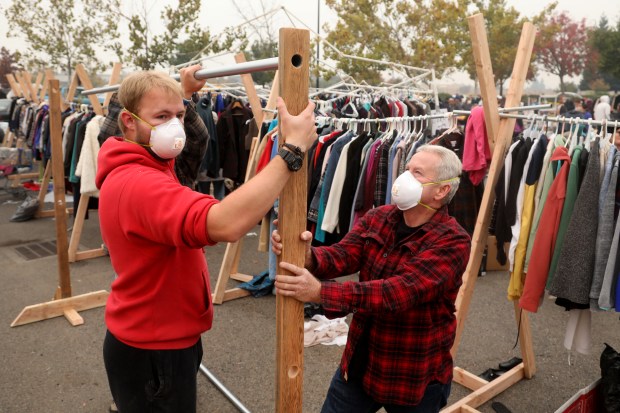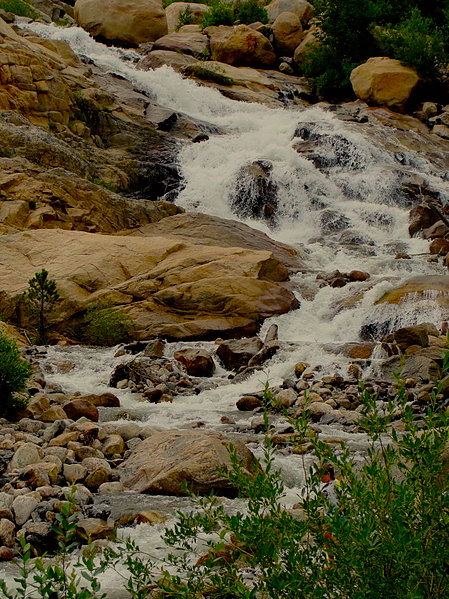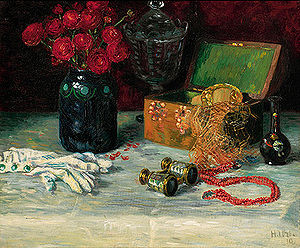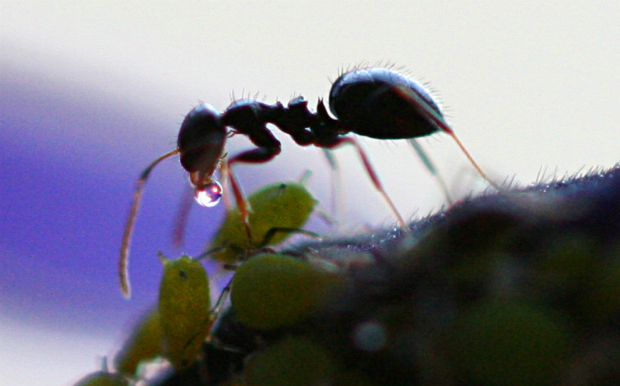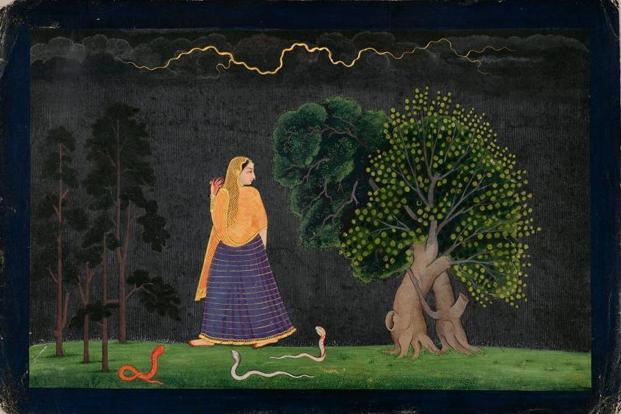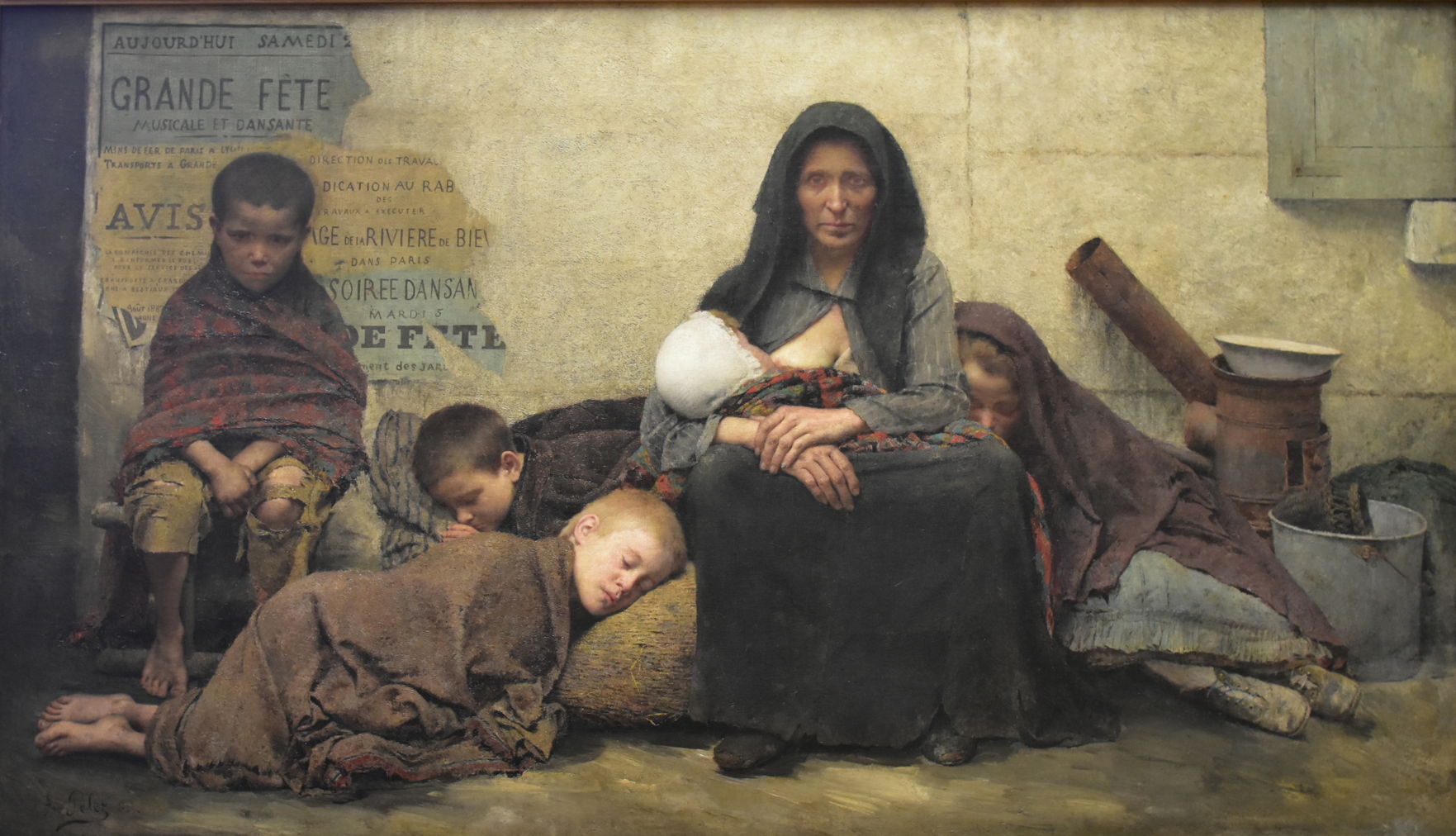
I’ve never made one of these before, an unboxing video. For a while, everybody was doing them. YouTube was packed with unboxings, and they were quite entertaining. Here’s how they go. They start with a shot of a box, a box alone on a table. And inside the box, you tell us—we hear your voice, although we never see your face—is something you really really want, something you’re excited about. Maybe you ordered it: a new toy, a game, a gadget. Or it’s a gift, but you know what’s in the box. You’re ready, past ready, you’ve been longing for it, dreaming about it, and now here it is, and you’re going to show it to the world.
The video is about you opening the box, slowly, one layer at a time, getting the thing out of the box, reverently, respectfully, giving this precious thing its full measure of your appreciation. Although nobody sees your face, they do see your hands, holding the box, how slowly and lovingly your hands take the thing out one piece at a time, and lay them on the table, and then slowly start to put them together until the thing is complete. All that time you tell us what we’re seeing and why you love it.
Finally, it’s done. You might put in the batteries, or plug it in, or whatever finishing touch, it’s all about touching, but you don’t actually turn it on to demonstrate; that’s considered a bit crass. The last shot is always a triumphant closeup of the thing, ready to make you happy, and you tell us how happy you are.
When we first heard of coronavirus, it sounded manageable, not too scary, and so far away, in China, then Korea, then Japan, then Italy. And even there, it wasn’t that bad, I mean, hardly anyone was infected, and only two percent of them were dying, and those were ones already pretty fragile, old, or sick with something else, and coronavirus just finished them off.
But things changed fast, and two percent became three percent, and the next day five, and when it got to ten percent, the authorities stopped revealing any numbers at all, but we could all guess that hundreds of thousands, maybe millions, were infected. The hospitals were full, the ambulances had nowhere to take you. The masks were sold out, the test kits were used up, the oxygen tanks were empty.
The authorities very sensibly recommended self care, and even self quarantine. Just stay in your room; that’s the best thing, for yourself, for everyone else. Stay home, don’t spread the virus to the rest of us.
Everything was filling up and breaking down, but thank God, thank Google, the Internet stayed up. For us, alone in our rooms, for me, alone in my room, that was all we had. We sent each other news, and photos, and advice, all the ways we knew: email, text, Facebook, Twitter.
Then one special friend of mine, who lived far away, got the virus, and he told me everything. Almost hourly, he sent messages, until he could no more. It broke my heart but there was nothing I could do.
And things kept getting worse. The hospices were full. The authorities started recommending “self hospice,” which at first sounded absurd, but they had thought this through, and told you exactly how to hospice yourself.
Now, here is our video. I will do the unboxing, and you will carry the camera and microphone and record it all – thank you. We are walking on a broad sandy beach toward the water.
You see, the funeral homes were full, the hearses were full, the cemeteries, the crematoria were full. For that, the helpful authorities had no further advice. But people are creative.
So before long, all over the world, after self care, after self quarantine, after self hospice, there came, you guessed it, self cremation.
When it was all over, I went to my special friend’s house, which had burned down around him. With me I brought this box, and a broom and dustpan, and I filled the box with ashes I found. Were they his ashes? Probably some of them were. When I had enough, I closed the box, and brought it home.
And now today, here so all can see, I open it. I walk out into the surf, and here we go, and remember to focus on my hands, I am scattering the ashes. One handful at a time. Until they are all gone. Until there is nothing left but this box.
Get a good shot of the box.
David Weinstock lives, writes and teaches in Middlebury, Vermont, and leads the Otter Creek Poets open workshop, currently suspended by the plague. His poems have appeared in Riding the Meridian, Moment, Modern Haiku, Burlington Poetry Journal, Zig Zag Lit Mag, 2River View, and oddly enough, The Journal of the American Medical Association. He has been a copywriter for the L.L. Bean catalog, copy chief at Boston advertising agencies, and editor for a local Vermont bi-weekly newspaper. He won a residency for Vermont Artists Week 2020 at the Vermont Studio Center, but expects it to be cancelled because of COVID-19.




